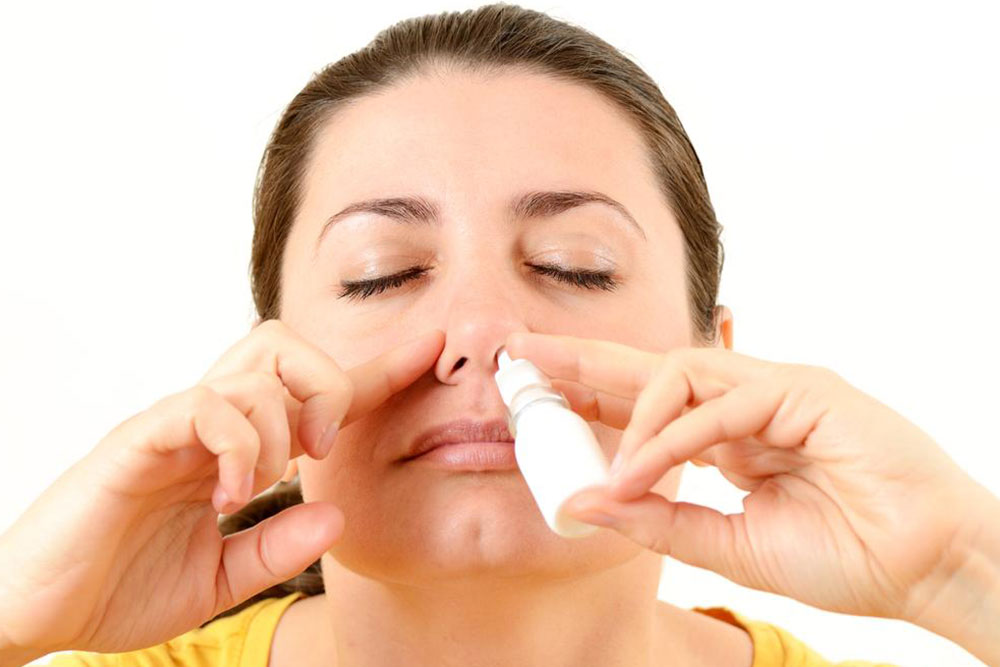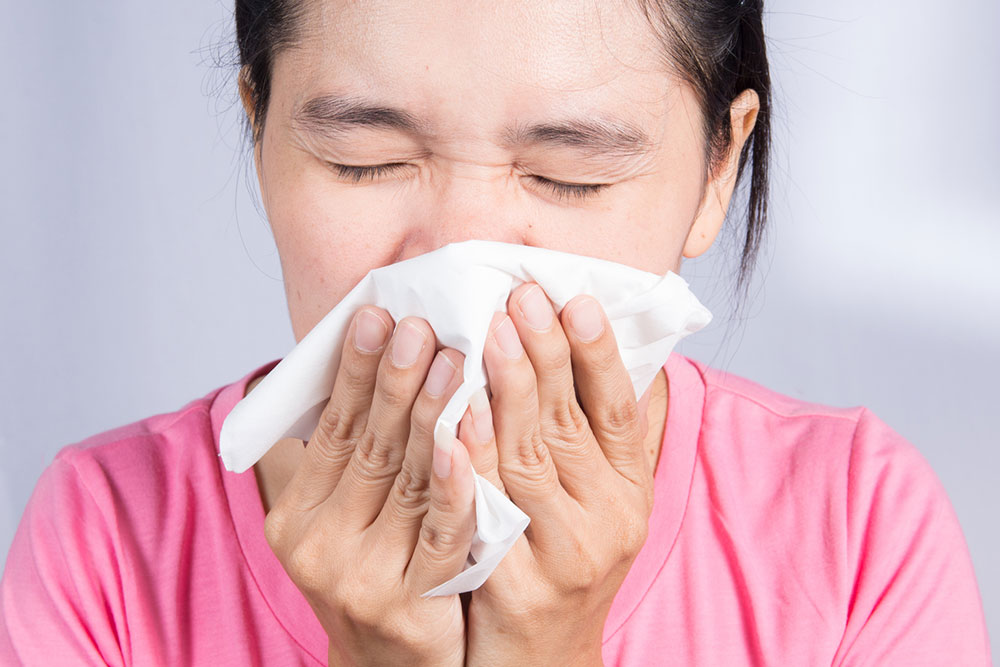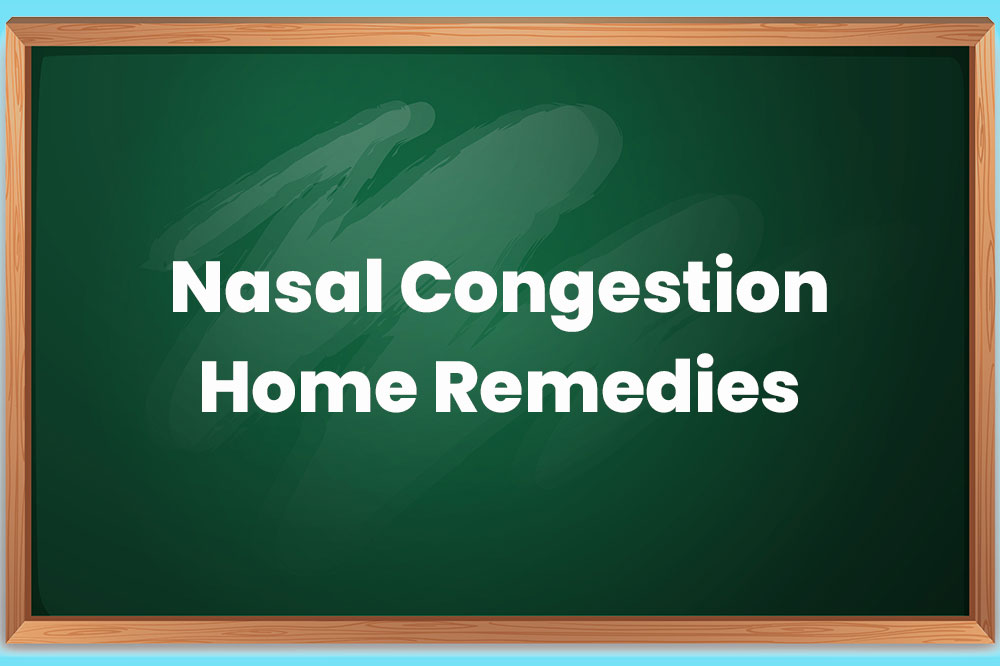Natural Strategies to Relieve Nasal Congestion
Discover effective natural remedies and home treatments to alleviate nasal congestion caused by colds, allergies, or flu. Learn when to seek medical advice and how simple strategies like steam inhalation, hydration, and herbal remedies can ease breathing difficulties and soothe throat discomfort.
Sponsored

Congestion caused by colds, flu, or allergies is a common issue affecting both children and adults, especially during colder months. It results from inflammation in the nasal passages, leading to excess mucus and difficulty breathing. Fortunately, several home remedies can alleviate symptoms. If symptoms persist or worsen, consulting a healthcare professional is recommended.
Home Treatments for Congestion
Utilize a humidifier or vaporizer: Adding moisture to the air helps keep nasal passages moist.
Humidifiers help in loosening mucus, preventing nasal dryness, and easing breathing issues, including chest congestion.
Steam inhalation: Breathing in steam from warm water softens mucus, relieving nasal and bronchial congestion. A warm shower can also provide similar relief by inhaling steam during the bath.
Warm salt water gargles: Soothe sore, irritated throats temporarily by gargling with warm salt water.
Stay well-hydrated: Drinking warm beverages like herbal teas, soups, or hot water thins mucus and prevents blockages.
Elevate your head during sleep: Use extra pillows to keep your head raised, making breathing more comfortable at night.
Turmeric milk: Known for anti-inflammatory and antimicrobial properties, warm milk with turmeric helps clear chest congestion effectively.
Ginger and honey: Grate fresh ginger, extract its juice, then mix with honey and take throughout the day. This combo reduces congestion and soothes sore throats.
Honey lemon water: Combines infection-fighting honey with soothing lemon to alleviate sore throat and chest discomfort. Honey also boosts immunity.
Use medications wisely: Over-the-counter decongestants can reduce nasal inflammation, but it’s best to consult a healthcare provider before use. Antihistamines may be helpful if allergies are the cause. Pain relievers can ease discomfort but do not directly reduce congestion.
When to seek medical attention
If symptoms last more than a week without improvement.
If congestion worsens or involves severe symptoms.
If breathing difficulties persist or become severe.






